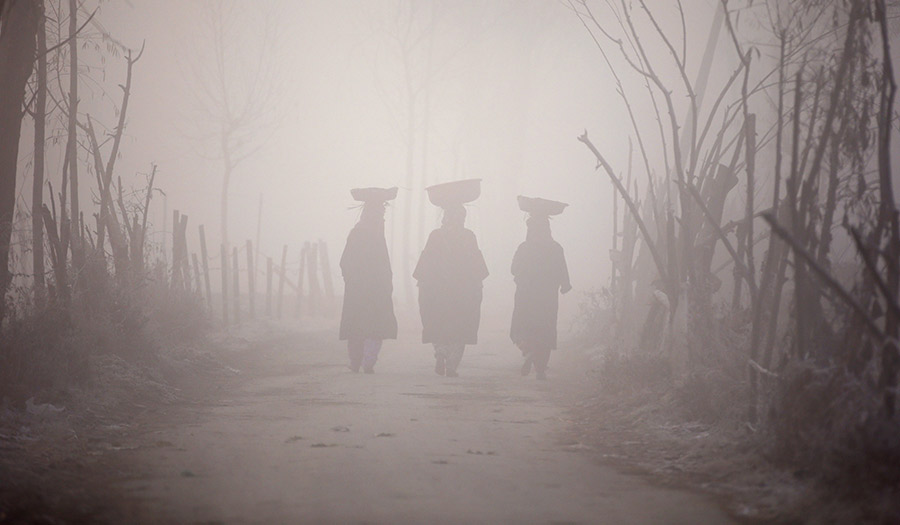 Reuters/Adeel Halim
Reuters/Adeel Halim
World News Desk
Learn the why behind the headlines.
Subscribe to the Real Truth for FREE news and analysis.
Subscribe NowMUMBAI (Thomson Reuters Foundation) – Police in Mumbai have charged nine alleged members of a baby-trafficking ring—among them a nurse at a maternity hospital and agents who operated in the impoverished slums of India’s financial capital, officials said on Monday.
In the second such case in the city in five years, the nine are accused of having bought and sold at least seven babies over a six-year period.
The mothers of three infants and a man who had bought a baby were also arrested in a four-day police operation.
“We’re now investigating how many more children have they sold and if there are more agents operating in the area,” said police inspector Yogesh Chavan, who received a tip-off about the baby-trafficking racket last week.
“The mothers of the babies were poor and the buyers were couples desperate for a child,” he said.
The nine suspects have been charged under India’s anti-trafficking laws and juvenile justice laws against the buying and selling of children.
Police said they have not yet taken the babies involved away from the couples who bought them and were awaiting a consultation from child welfare officials.
Preliminary investigations suggest gang members targeted poor pregnant women in a slum area close to the city’s affluent Bandra Kurla Complex business district, officials said.
The maternity hospital nurse would then put childless couples she met through work in touch with the pregnant women, charging couples up to 100,000 rupees ($1,365) for making the connection.
Baby girls were sold for 70,000 rupees ($959) and baby boys for 150,000 rupees ($2,056), on top of the connection fee, police said.
In 2016, Mumbai police arrested five women accused of selling babies to childless couples in various states across the country.
India recorded more than 1,100 cases of child trafficking in 2019, according to government data, up from 1,000 cases recorded a year earlier, but anti-trafficking campaigners say the real number is likely much higher.
Government officials have said an increase in baby trafficking is reducing the number of children available for adoption as more couples wait to adopt.
- World News Desk
- ASIA
 Toxic Air in India Linked to Large Number of Miscarriages
Toxic Air in India Linked to Large Number of Miscarriages


